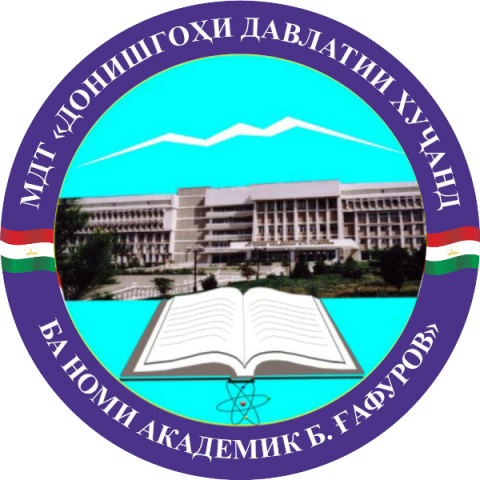2021
FORMING KNOWOBLE MOTIVATION OF STUDENTS IN DIAGNOSTIC TASK OF ECONOMIC CONTENTS
Authors:Abdulloev Ghafurjon, candidate of pedagogical sciences, Associate Professor of the department of higher mathematics and innovative technologies; Nazarov Payravjon Abdusamyevich, assistant of the department of higher mathematics and innovative technologies attached to the Institute of Economics and Trade under the Tajik State University of Commerce (Tajikistan, Khujand)
JOURNAL NUMBER: 2(67). YEAR OF ISSUE: 2021.LANGUAGE OF THE ARTICLE: Tajik
 
ANNOTATION
The article dwells on the methodological aspects aimed at formation of cognitive motivation of students who study in economic specialties by organizing their creative cognitive activity using mathematical research methods, on the whole. It is underscored that economic diagnostics and its components are considered to be one of the main problems beset with modern economic science requiring a deep diagnosis of the development of economic analysis based on scientific methods of cognition of economic phenomena and the usage of the entire set of methods, means and methods of economic analysis.It is asserted that the continuity of economic diagnostics consists in considering a specific expansion of reproduction as an object and cognition of possible states of functioning economic objects in the future; the study of patterns and methods of developing economic analysis as an object being taken into consideration as well.The authors of the article lay an emphasis upon the idea that the special essence of economic diagnostics is a qualitative and quantitative analysis in regard to real economic processes of identifying objective conditions, factors and development trends. In a nutshell, the authors of the article come to the conclusion that knowledge of the process of economic diagnostics and its components by students who study in economic specialties and formation of their cognitive motivation on this basis is of particular relevance as well.
KEY WORDS
economic diagnostics, consistency, adequacy, alternativeness, time lines of observations, average absolute growth, trend, linear research model, mathematical expectation, cognitive motivation
 ðÉð¢ð│ð╗ð©ð╣Ðüð║ð©ð╣
ðÉð¢ð│ð╗ð©ð╣Ðüð║ð©ð╣
 ðóð¥ÊÀð©ð║Ëú
ðóð¥ÊÀð©ð║Ëú  ðáÐâÐüÐüð║ð©ð╣
ðáÐâÐüÐüð║ð©ð╣ 
